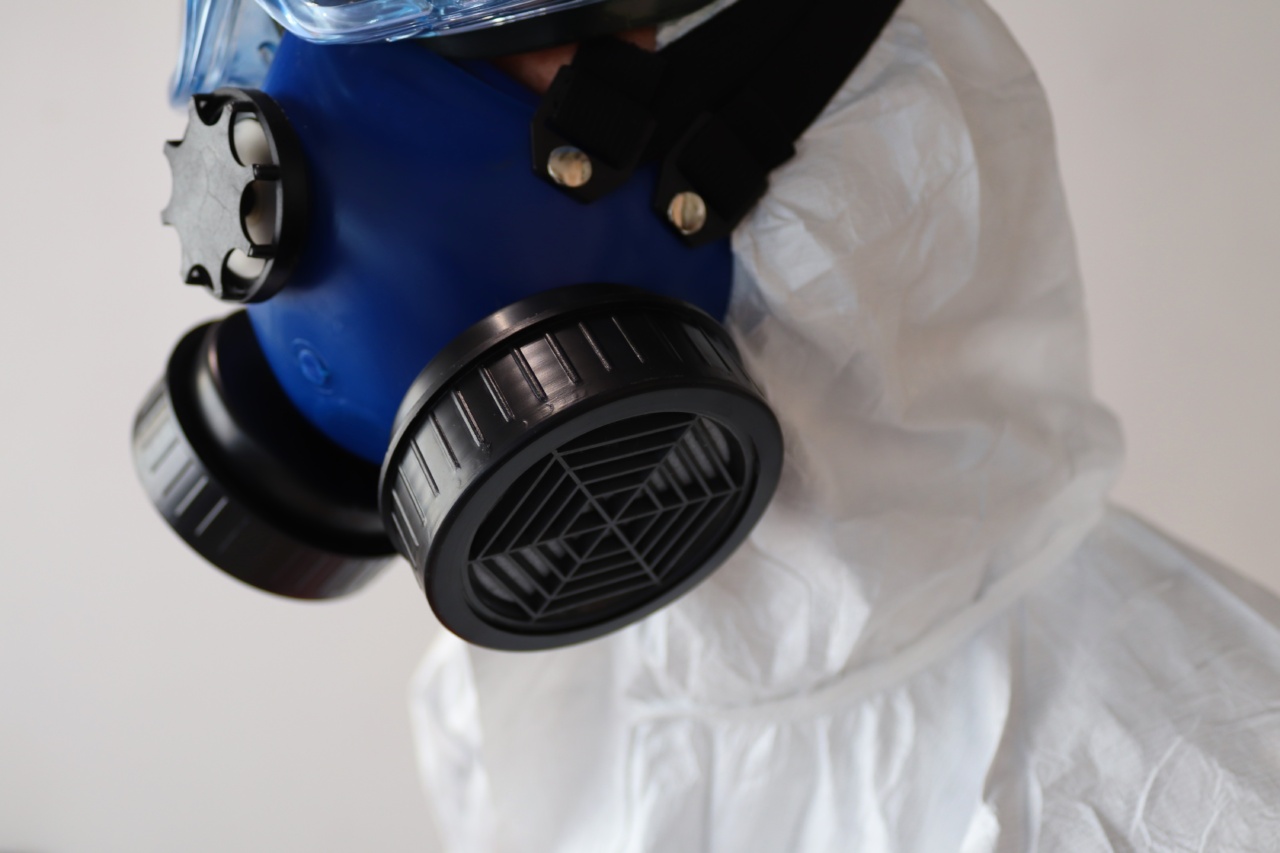Air pollution is a significant environmental and health concern affecting millions of people worldwide. It can lead to various respiratory diseases, cardiovascular problems, and even premature death.
While it may not be possible to completely eliminate air pollution from our environment, there are measures we can take to protect ourselves from its harmful effects. One such measure is to adopt a healthy diet that can help mitigate the impact of air pollution on our body. This article explores various dietary strategies and nutrient-rich foods that can strengthen our defenses against air pollution.
The Link Between Diet and Air Pollution
Before diving into how diet can protect us from air pollution, let’s briefly understand the connection between the two.
When we breathe in polluted air, our bodies are exposed to harmful pollutants such as particulate matter (PM), ozone (O3), nitrogen dioxide (NO2), and sulfur dioxide (SO2). These pollutants can trigger oxidative stress and inflammation in the body, leading to various health issues.
1. Antioxidant-Rich Foods
One effective way to combat the harmful effects of air pollution on our body is to consume foods rich in antioxidants. Antioxidants neutralize the free radicals generated by pollutants, reducing oxidative stress and inflammation.
Include the following foods in your diet:.
- Colorful fruits and vegetables such as berries, oranges, bell peppers, and leafy greens
- Green tea and other antioxidant-rich beverages
- Nuts and seeds like almonds, walnuts, and flaxseeds
- Spices such as turmeric, cinnamon, and ginger
2. Omega-3 Fatty Acids
Omega-3 fatty acids are known for their anti-inflammatory properties and can help reduce the negative impact of air pollution on the respiratory system. Include the following sources of omega-3s in your diet:.
- Fatty fish like salmon, trout, and sardines
- Flaxseeds and chia seeds
- Walnuts and almonds
3. Vitamin C
Vitamin C is a powerful antioxidant that can strengthen our immune system and protect against the harmful effects of pollutants. Include the following vitamin C-rich foods in your diet:.
- Citrus fruits like oranges, lemons, and grapefruits
- Kiwi
- Strawberries
- Bell peppers
4. Vitamin E
Vitamin E is another potent antioxidant that can help reduce inflammation caused by air pollution. Include the following sources of vitamin E in your diet:.
- Almonds, peanuts, and other nuts
- Seeds such as sunflower seeds and pumpkin seeds
- Spinach and other leafy greens
- Olive oil
5. Cruciferous Vegetables
Cruciferous vegetables contain sulfur compounds that support the body’s natural detoxification processes. Include the following cruciferous vegetables in your diet:.
- Broccoli
- Cauliflower
- Cabbage
- Kale
6. Garlic
Garlic is known for its anti-inflammatory properties and can help protect against the adverse effects of air pollution. Include garlic in your dishes or consume it raw for maximum benefits.
7. Herbal Teas
Certain herbal teas have detoxifying and antioxidant properties that can help combat the effects of air pollution. Consider including the following teas in your routine:.
- Green tea
- Peppermint tea
- Chamomile tea
8. Avoid Processed and Fried Foods
Processed foods, especially those high in trans fats and additives, can exacerbate inflammation in the body. Fried foods cooked at high temperatures produce harmful compounds linked to various health issues.
Limit your intake of processed and fried foods to reduce the impact of air pollution on your health.
9. Stay Hydrated
Drinking an adequate amount of water helps flush out toxins from the body and keeps your respiratory system in optimal condition. Ensure you drink enough water throughout the day to support your body’s natural detoxification processes.
10. Consume Organic Foods
Organic foods are grown without the use of artificial pesticides and fertilizers, reducing your exposure to harmful chemicals.
Whenever possible, opt for organic fruits, vegetables, and other food products to minimize the intake of pollutants through your diet.
Conclusion
While air pollution is a significant concern in our modern world, we can protect ourselves to a certain extent by adopting a diet that strengthens our defenses against its harmful effects.
Including antioxidant-rich foods, omega-3 fatty acids, vitamins C and E, cruciferous vegetables, garlic, herbal teas, and reducing processed and fried foods can go a long way in mitigating the impact of air pollution on our health. Additionally, staying hydrated and consuming organic foods can further support our body’s detoxification processes and minimize exposure to pollutants.






























